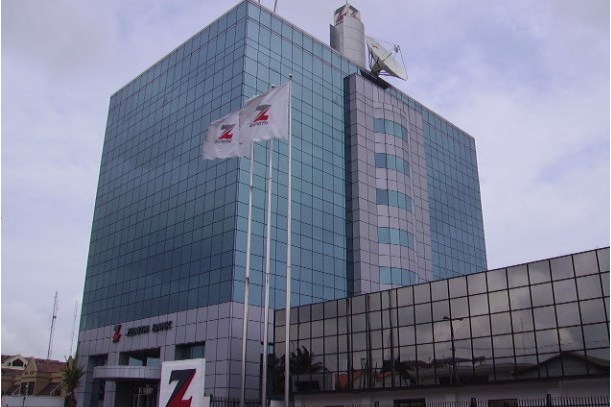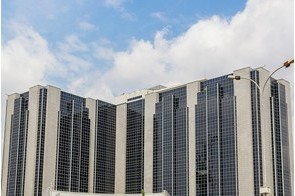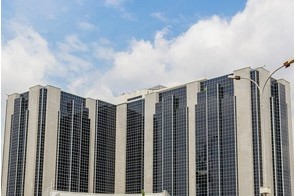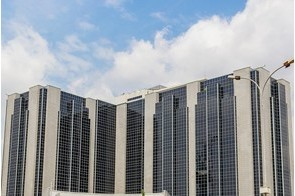Latest News
Nigeria’s central bank defers policy on systemically important banks

News Highlight
- The full implementation of the SIB policy has been deferred to an undisclosed date.
The Central Bank of Nigeria has postponed the implementation of its policy which would require Systemically Important Banks (SIBs) to post a higher Capital Adequacy Ratio (CAR), according to a report released by Renaissance Capital.
The policy, which requires SIBs to have 16 percent minimum CAR (compared with an industry minimum of 10 percent), was scheduled to take effect on July 1, 2016. The full implementation of the SIB policy has now been deferred to an undisclosed date, Rencap stated in a new report published this week.
“We gathered from our meetings that implementation of the 16% minimum CAR for systemically important banks, scheduled to take effect from 1 July, 2016, is likely to be delayed,” Rencap reported. “We view this positively given the difficulties in boosting capitalization levels in this environment. That said, the CBN on 14 March, tightened CAR requirements – all intragroup placements will be assigned a minimum risk weight of 100% from 20% owing to perceived risks from such exposures.”
The CBN designated – and began supervising – the SIBs since May 2013 in the aftermath of the 2008/2009 banking crisis, which led to a bailout of some Nigerian banks by the apex bank.
The eight SIBs in Nigeria are: Access Bank Plc, Skye Bank Plc, United Bank for Africa Plc, First Bank of Nigeria Limited, Zenith Bank Plc, Guaranty Trust Bank Plc, Ecobank Nigeria and Diamond Bank Plc.
Apart from higher CAR, the CBN's yet-to-be implemented policy also requires SIBs to have a liquidity ratio of 35 percent – which is 5 percent above the industry minimum of 30 percent.
Related News
Latest Blogs
- CBN is fighting inflation instead of stagflation
- Why electricity privatization failed (2)
- How net metering can boost embedded power generation
- Adaora Umeoji and gender in Nigerian banking leadership
- Is protest an endangered human right of Nigerians?
Most Popular News
- IFC, partners back Indorama in Nigeria with $1.25 billion for fertiliser export
- Ali Pate to deliver keynote speech at NDFF 2024 Conference
- Univercells signs MoU with FG on biopharmaceutical development in Nigeria
- CBN increases capital requirements of banks, gives 24 months for compliance
- CBN settles backlog of foreign exchange obligations
- Nasdaq Dubai welcomes $600m sukuk listing by Islamic Development Bank






